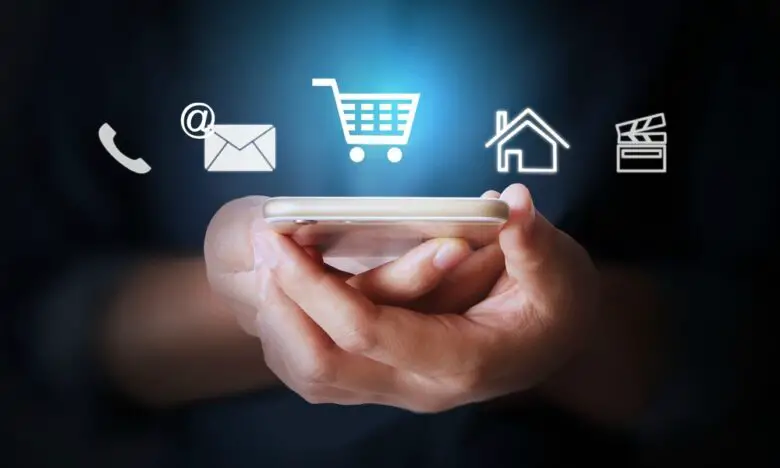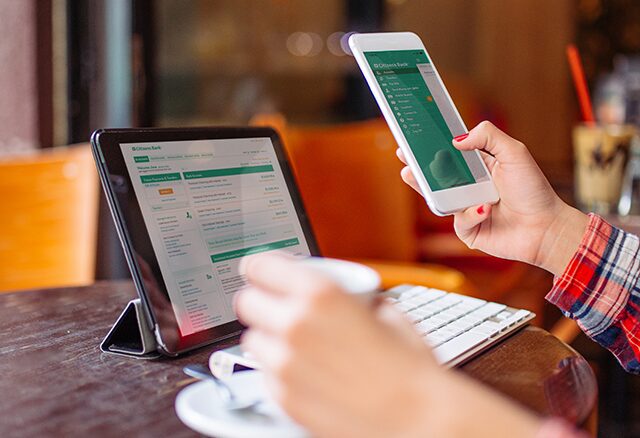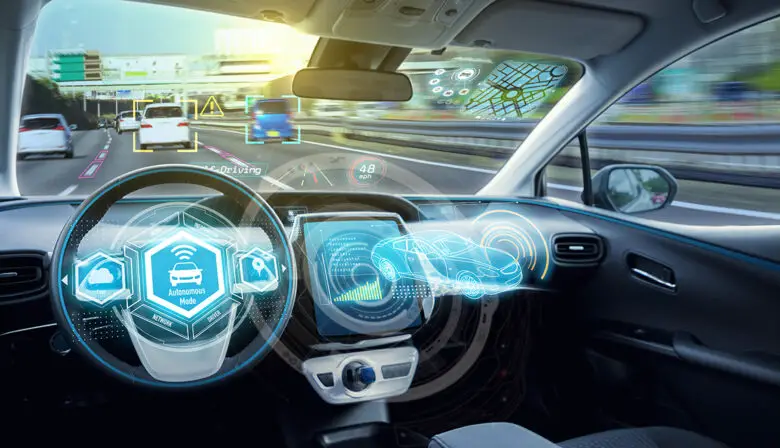Will the 2024s be the Decade of Super Convenience?

Somehow, even as life in general seems to become more stressful, there are literally hundreds of ways that ordinary, everyday chores are getting easier. When you stop to think about how humans lived just a century ago, the differences are almost shocking. An even stranger thought is that almost every daily routine task is much easier today than it was just 20 years ago. In many cases, technology and social changes have transformed the average person’s lifestyle in less than a decade.
Indeed, the concept of a cashless economy is finally at hand, online medical services are already here, telecommuting is now commonplace, nearly every important financial transaction is performed remotely, self-driving vehicles are rolling off assembly lines, in-person payment for things like fuel and snacks is 100 percent automated, prepackaged meals are one of the fastest growing segments of the retail market, and computer keyboards are giving way to voice-activated content creation. Here’s a closer look at some of the main ways in which our collective lifestyle has changed in the past decade.
Cashless Economy

Big city residents can get through an entire month without having to use cash. Outside the metro areas, that’s a tough feat to achieve, but it’s already possible to pay most bills online, never enter the lobby of a bank, and pay for daily items like fuel and snacks with debit or credit cards. The few retailers and municipal services that require cash payment are a dying breed. Two of the major forces behind the cashless push are consumer attitudes and merchant preferences.
Retailers don’t like cash. It’s a security risk, is hard to handle, store, and count. It carries germs, can be destroyed in a fire or flood, and calls for special storage methods. The nightly trips to bank depositories are another hassle. Long before the computer revolution, retailers decided that they’d rather deal with plastic than currency and coins. Now, merchants are among the most vocal advocated for a cashless world.
Online MMJ Cards

If you could jump into a time machine and travel back to the 1990s, people would assume you had lost your mind if you told them it would soon be possible to order marijuana from a home-based computer and have it delivered to your mailbox just a few days later. But you’d be telling the whole truth and nothing but the truth. In the crossroads of the U.S., Missouri, to cite just one example, anyone who has a prescription for medical marijuana (MMJ) can visit a website like NuggMD and obtain an MMJ card, all without leaving home. In Missouri and many other states, the convenience of getting a medical marijuana card is as simple as ordering a pizza. The whole process for getting a card takes just a few minutes and you receive the hard-copy version in the mail a few days later. A decade ago, this task would have been inconceivable for several reasons, particularly because at that time there were no states that had passed MMJ legislation.
Universal Telecommuting

The COVID pandemic had a lot to do with bringing telecommuting to the fore. Workers in high-tech, banking, and insurance fields have been working from their home computer stations for more than a decade, but when the coronavirus threat forced millions in other industries to either not work or do so via the internet, things changed pretty rapidly. Now, it seems as if telecommuting is the norm and people who drive to an office to do their jobs are the odd ones out. In any case, with the push from COVID, and a little help from widespread use of video-conferencing, telecommuting has come into its own. Some of the major corporate players, like a few global insurers and banks, have already said they intend to let workers decide whether they want to return to offices or continue to work from home. It’s looking more and more like the 2024s will end with people reminiscing about the old days of office-based jobs.
Remote Banking and Bill Paying

When is the last time you sat down at a table and used a pen to write a check? Likewise, when is the last time you parked your car, went into a bank lobby, stood in line to wait for a teller, and performed a face-to-face transaction with a bank employee? The telltale sign that in-person banking and bill paying is dying off is the rise of automated bank branches. More like glorified ATMs, these person-less branches feature auto-tellers for quick cash withdrawal and deposit, drive-thru windows where you can interact with a human face on a video screen, and everything else traditional banks have except lobbies where well-dressed employees lurk and work. Automated bill paying and banking work hand-in-hand with the demise of cash, noted above.
Self-Driving Cars
The introduction of self-driving vehicles has not been smooth. For more than a decade, automakers have been hurriedly working to perfect the technology and assure potential users that self-driving vehicles are safe, energy-efficient, and serve a worthwhile purpose. Finally, there are a few on the roads in the U.S., Europe, and Asia, but it will likely take another five years before the long wait is over. Soon, anyone will be able to call up a ride share, food delivery, or other vehicle-related service and expect a driverless car to arrive within minutes. Just don’t hold your breath waiting for widespread acceptance.

No More Keyboards
Even though every computer on the market comes with a keyboard, there’s a push by manufacturers to perfect voice-to-text technology. Already, it has made great strides, and much of the slowdown is related to consumer resistance more than anything else. For example, anyone can download an app and work with it for a few days to learn all the quirks and nuances. After a relatively short learning curve, you’ll have almost no need for a keyboard and can instead turn your spoken words directly into written text. By the end of this decade, there’s a good chance that keyboards will be relics of the early computer age.
